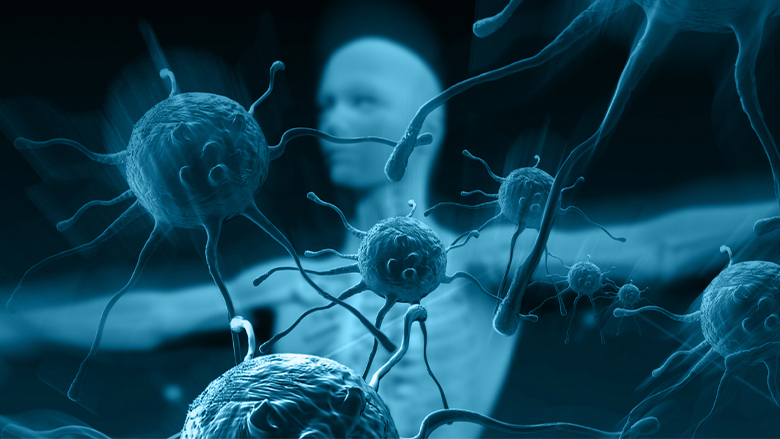Stem Cell Therapy for Immunodeficiency: A Breakthrough in Modern Medicine

Strong 8k brings an ultra-HD IPTV experience to your living room and your pocket.
The human immune system is a complex network that defends the body against infections and diseases. However, for individuals with immunodeficiency disorders, this defense mechanism is compromised, making them highly susceptible to infections. While traditional treatments focus on managing symptoms, stem cell therapy offers a revolutionary approach by addressing the root cause of immunodeficiencies.
Understanding Immunodeficiency Disorders
Immunodeficiency disorders can be classified into two main categories:
1. Primary Immunodeficiency (PID): These are genetic disorders where the immune system is either absent or malfunctioning from birth. Examples include Severe Combined Immunodeficiency (SCID), Common Variable Immunodeficiency (CVID), and X-linked Agammaglobulinemia.
2. Secondary Immunodeficiency: This occurs due to external factors such as infections (e.g., HIV/AIDS), chemotherapy, malnutrition, or chronic diseases that weaken the immune system.
The Role of Stem Cell Therapy
Stem cells have the unique ability to differentiate into various cell types, including immune cells. Hematopoietic stem cells (HSCs), which are found in bone marrow, umbilical cord blood, and peripheral blood, are particularly effective in treating immunodeficiency disorders.
How Stem Cell Therapy Works
1. Harvesting Stem Cells: Stem cells are extracted from bone marrow, umbilical cord blood, or peripheral blood.
2. Conditioning Therapy: The patient may undergo chemotherapy or radiation to eliminate defective immune cells and make room for new stem cells.
3. Stem Cell Transplantation: Healthy stem cells are infused into the patient’s bloodstream, where they travel to the bone marrow and begin producing functional immune cells.
4. Engraftment and Recovery: Over time, the new stem cells generate a fully functional immune system, reducing the risk of infections.
Advantages of Stem Cell Therapy for Immunodeficiency
• Potential Cure: Unlike conventional treatments that manage symptoms, stem cell therapy can provide a long-term or permanent solution by restoring immune function.
• Personalized Treatment: Advances in genetic testing and stem cell matching increase the success rate of transplants.
• Reduced Dependency on Medications: Patients may no longer need lifelong antibiotics, immunoglobulin therapy, or other supportive treatments.
Challenges and Considerations
• Graft-versus-Host Disease (GVHD): In cases where donor stem cells are used, there is a risk of GVHD, where the transplanted cells attack the recipient’s tissues.
• Finding a Suitable Donor: For allogeneic transplants (using donor stem cells), finding a perfect match can be challenging.
• Cost and Accessibility: Stem cell therapy can be expensive, and not all healthcare systems provide coverage.
Future Prospects
Ongoing research aims to enhance the effectiveness of stem cell therapy for immunodeficiency. Gene therapy combined with stem cell transplantation is emerging as a promising approach, particularly for inherited immune disorders like SCID. Additionally, advances in induced pluripotent stem cells (iPSCs) could offer patient-specific treatments, eliminating the need for donor matching.
Ethical and Regulatory Considerations
The use of stem cell therapy raises ethical concerns, particularly regarding embryonic stem cells. However, most treatments for immunodeficiency disorders use adult or umbilical cord-derived stem cells, which have fewer ethical implications. Regulatory agencies worldwide are working to ensure the safety and efficacy of stem cell treatments through rigorous clinical trials and guidelines.
Conclusion
Stem cell therapy represents a groundbreaking advancement in treating immunodeficiency disorders. While challenges remain, continued research and technological innovations hold the promise of making this life-saving treatment more accessible and effective. As science progresses, stem cell therapy may redefine how we treat immune-related diseases, offering hope to millions worldwide. With ongoing advancements, stem cell therapy is expected to become a more viable and widespread option for those suffering from immunodeficiency disorders, potentially transforming lives for generations to come.
Note: IndiBlogHub features both user-submitted and editorial content. We do not verify third-party contributions. Read our Disclaimer and Privacy Policyfor details.



